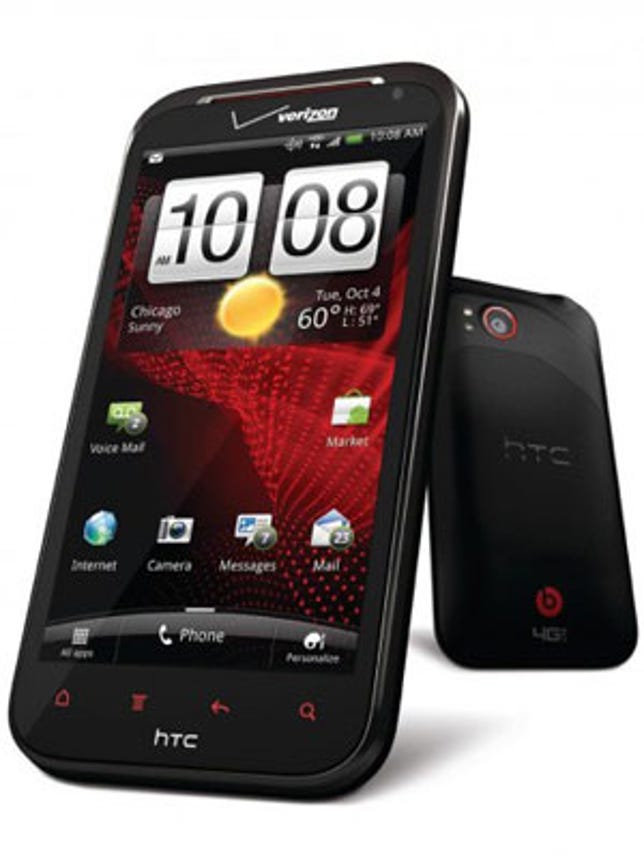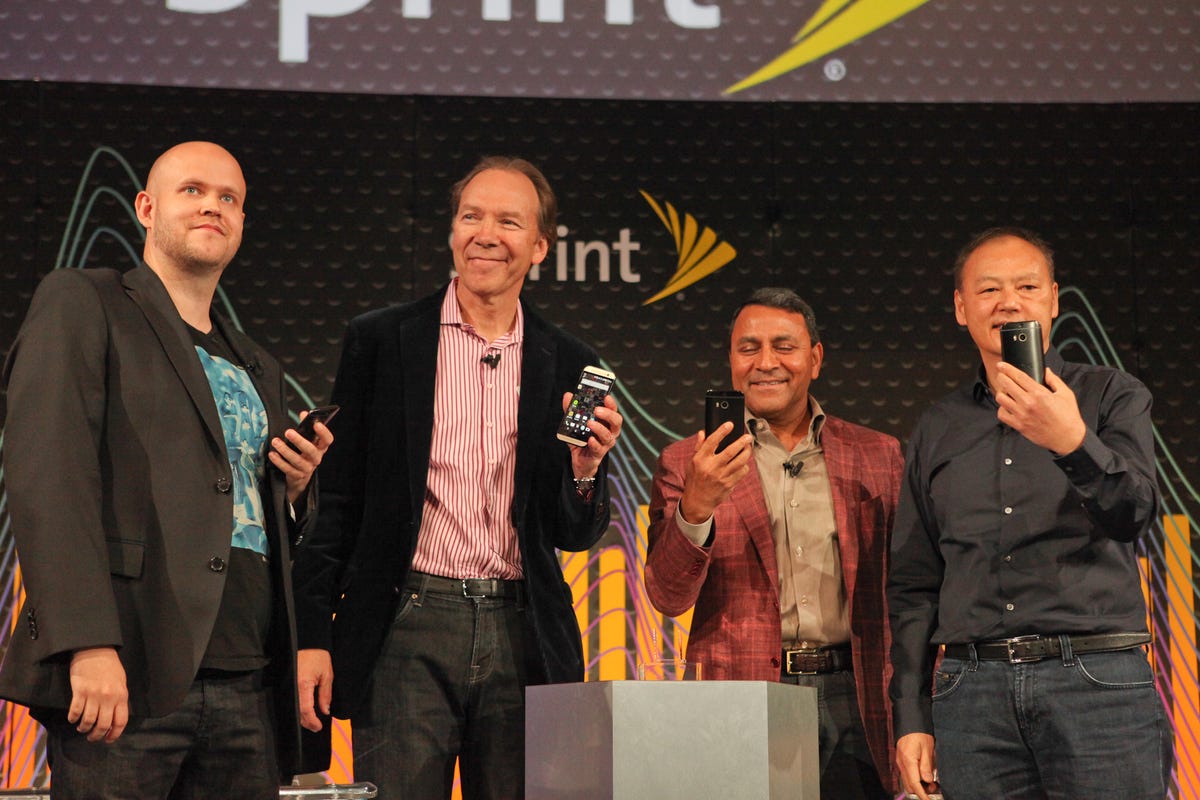
HTC, Beats
Editor’s note: Apple on May 28 confirmed that it’s buying Beats for $3 billion.
A high-flying smartphone manufacturer is buying the much-ballyhooed Beats music brand in an effort to earn some street cred.
No, I’m not talking about the purported deal between Apple and Beats, which the Financial Times reported earlier Thursday. I’m referring to HTC taking a majority stake in Dr. Dre’s company in a deal announced a little more than three years ago.
Investors and company observers alike scratched their head at the $300 million combination, with many, including this reporter, critical about whether the deal would lead to anything fruitful. Well, Apple may have upped the ante with a reported $3.2 billion offer for Beats.
Beats declined to comment. CNET has contacted Apple and HTC for comment, and we will update the story when the companies respond.
Later on Thursday, singer-songwriter Tyrese Gibson posted a video and photo to his Facebook page that offered potential corroboration of an Apple acquisition. The caption on the photo read “Dr Dre ON THE night his deal went public that he did with Apple 3.2 BILLION!!!!” (By Friday morning, the video and photo were no longer viewable on Gibson’s Facebook page.)
To get a sense of what Apple might do with Beats, it’s critical to see what HTC did (and didn’t) do.
HTC’s acquisition of the Beats stake stemmed from CEO Peter Chou’s love of music and obsession over the audio quality of his devices. After announcing the deal, Chou expressed a desire to integrate Beats’ audio experience into its phones.


HTC
HTC created the music-centric Rezound, which came with a pair of Beats earbuds, as part of an exclusive deal with Verizon Wireless. Marquee smartphones such as its HTC One X would have the Beats logo emblazoned on their back cover.
Unfortunately, no one seemed to care.
The Rezound was one of many flops that HTC released in 2011. Part of the problem: the cost of the headphones meant the phone was retailing at a subsidized price of $300, which was a no-no when marquee smartphones were selling for $200.
While the HTC One X was a critically praised phone, it couldn’t stand up to the marketing might of the Samsung Galaxy S3. And those who did buy the phone weren’t buying it for the Beats brand.
By July 2012, it was clear the deal wasn’t working out. HTC said it sold half of its stake back to Beats for $150 million. CNET reported that HTC wasn’t meeting all of its financial commitments to Beats.
At that point, HTC was beginning its downward spiral, complete with management shakeups, shrinking market share, and a tumbling stock price.
HTC in September sold off the remaining stake in Beats for $265 million, netting a slight gain on its investment. But given the hype surrounding the original announcement, it’s noticeable for how little HTC did with Beats.


Sarah Tew/CNET
Last week, HTC unveiled a special Harman Kardon edition of its HTC One M8, complete with special earbuds and audio software. The HTC One M8, like its predecessor, also comes with front-facing “Boomsound” speakers to better project music and movies. Chou told CNET that it was part of his commitment to improving the audio quality of his phones.
HTC was able to achieve all this without ever making an investment in a company.
If Apple were to buy Beats, it would certainly be in a different situation and have more to play with. In addition to the Beats headphone line, Dr. Dre’s company recently launched a subscription streaming service called Beats Music, which AT&T offers on its smartphones. And Apple is a much larger company with dramatically more reach and brand recognition than HTC.
But it’s telling that the same kind of head-scratching pontification that occurred when HTC announced its deal is happening all over again.
Update May 9 at 5:25 a.m. PT: Added details of Tyrese Gibson’s Facebook posting regarding Dr. Dre and Apple.



